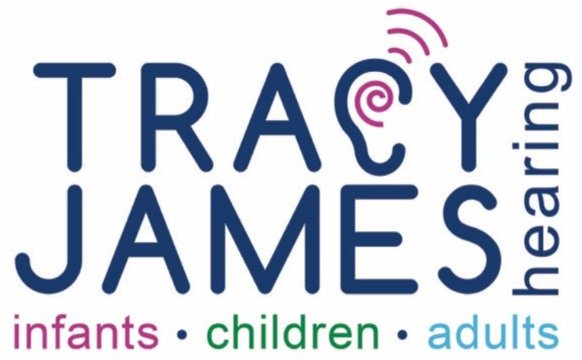How we hear and process speech
How we hear and process speech are two different things.
For many years, we have used the hearing test and its results to explain how we hear speech and sound. Yet perhaps we need to describe hearing loss in a different way? This is because two people with the same level of hearing can be very different in terms of how they understand or perceive what they hear.
When we know someone with hearing loss, a common misconception is that the hearing aid should be able to correct or fix how they hear. Yet the reality is that our brains can differ in how we process the sound presented to us, even within the same person on the same day!
How we hear and process speech
To talk about how we ‘hear speech and sound’ we must include the brain. This is because it is our brain that translates and processes what we hear, not our ears. As an example – think how often have we have looked for something and not found it, then gone back later and seen it straight away? Some people need to go back several times before they ‘see’ what they were looking for, while others may ‘see’ the first time.
This can also be true for hearing, which may be one of the reasons why some children and adults do less well with hearing aids than others. Another element in how we interpret sound can also be emotional. For example; how you or your child feels about their hearing and hearing aids, or their mood or concentration levels on the day.
Things that can affect hearing
People with hearing loss or auditory processing problems suffer from fatigue more than their hearing peers. Often, they’re more tired because of the extra effort needed to hear during the day. This means that they may be crankier or less attentive by the end of the day.
Where possible get them to take a short break. Get them to have a drink or a short play break. The brain will then be refreshed and better able to listen.
Reducing their stress (children as well as adults get stressed). We know that stress affects us in so many ways, particularly health wise. Research shows that it can also stop you remembering. Getting your child to play or do something that relaxes them may help.
Take the time to train the brain to listen better. For some hearing losses or auditory processing problems, there are exercises, apps or video games that can help. For more significant hearing losses, listening exercises that use live voice are also available. Your audiologist may be able to guide you on a listening programme or course that is suitable.
‘Side by side tracking’ is where someone reads to the child; they stop and the child then reads out loud the next sentence. Also ask questions on what they’ve heard in the chapter. This has been shown to be one of the more effective tasks in improving the way information is processed.
Learning another language or a musical instrument can also help improve the brain’s listening. They don’t need to be good at it, just doing it helps.
What else can help?
If your child has hearing aids then there are technologies that can help too:
Devices like FM systems make sure your child has speech delivered directly into their hearing aid. This reduces the effect of distance and background noise. It works by the speaker (Parent or Teacher) wearing a microphone that is picked up by a receiver attached to or within the hearing aid (set up by the Audiologist). This is useful at school and in certain home environments too. We know that anything that can reduce the effect of distance and background noise will help the brain get that little bit more information.
Many hearing aids now are Bluetooth enabled, and you can buy streamers (look like a remote control) that will do something very similar to an FM system. These streamers can stream the sound directly from the TV, iPad, stereos and phones into the hearing aid. You can buy discrete lapel microphones too, or microphones for group listening. Streamers can even be linked up to some NHS hearing aids.
Speech to text apps, such as Dragon Dictation, Transcence and Roger Voice. These can help when understanding speech is just too difficult.
Lastly, remember that when we write, we always put a comma in a sentence if it’s long. Ask people talking to do this, too. The less amount of information in one sentence, the more likely your child will understand, even if they’ve missed a part.

